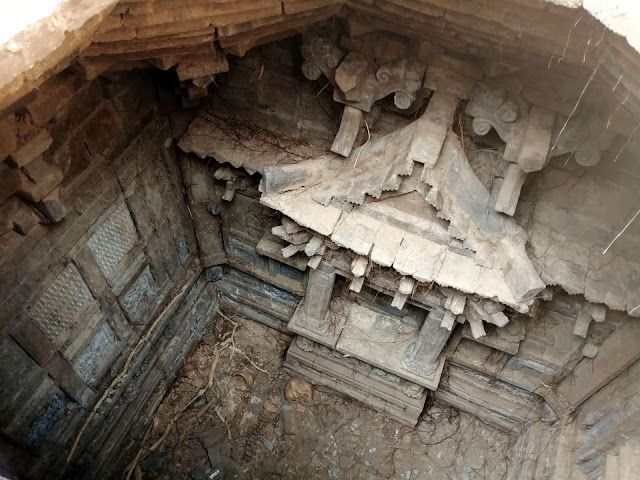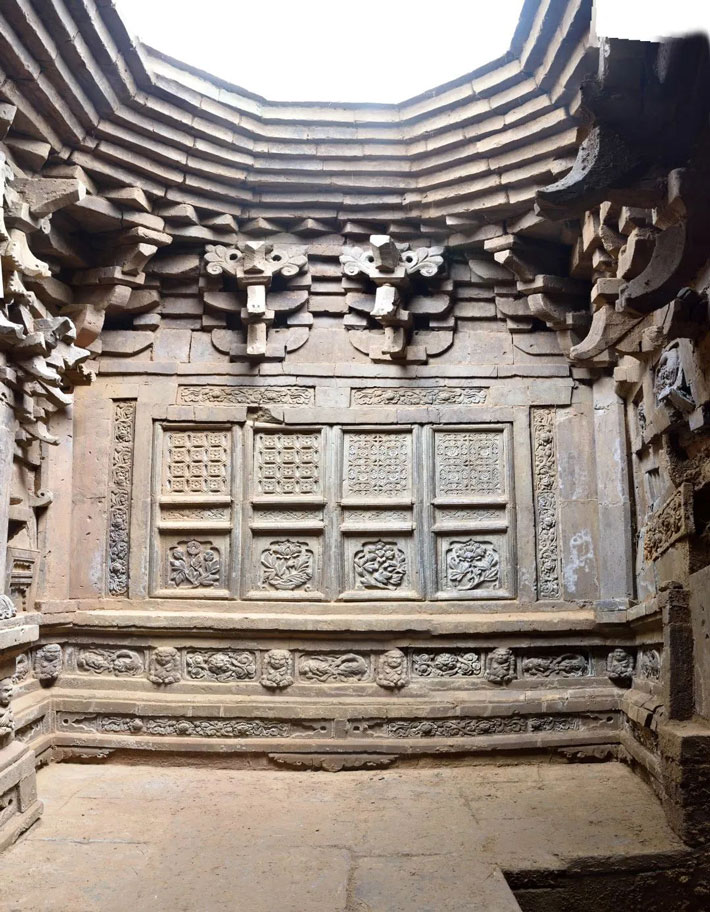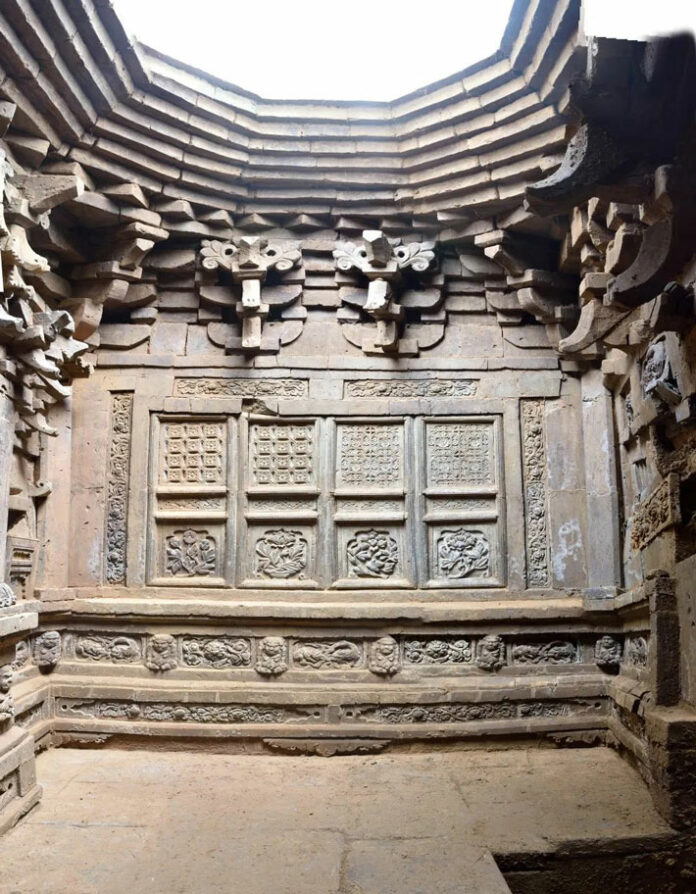In an extraordinary discovery, archaeologists have unearthed an 800-year-old tomb from the Jin Dynasty in Yuanqu County, Shanxi Province, China. This remarkable find, reported by the Institute of Archaeology at the Chinese Academy of Social Sciences on March 15, reveals an intricately designed burial site constructed entirely from carved bricks. The tomb provides a fascinating glimpse into the burial practices and architectural prowess of ancient China.
The Stunning Discovery

The Tomb’s Structure
The tomb, dating back to between 1190 and 1196, was discovered through a rescue excavation effort. Archaeologists found the tomb to be crafted entirely out of intricately carved bricks, with no traces of paint used in its construction. The tomb features a stepped passageway leading through a corridor into the main burial chamber, which stands approximately 11 feet tall and is shaped like a square room.
The Main Burial Chamber
Upon entering the main chamber, archaeologists discovered three skeletons along one wall. The remains were identified as belonging to a child aged between 6 and 8 years and two men aged between 50 and 60 years. The walls of the chamber are adorned with detailed carvings that depict various scenes and structures, showcasing the artistic skill of the era.
Detailed Carvings and Structural Design

The South Wall
The entrance to the tomb is located on the south wall, which is decorated with carvings mimicking lattice windows. This artistic representation gives the impression of an elegantly constructed wooden facade, adding to the tomb’s grandeur.
The North Wall
Directly opposite the entrance, the north wall features a carving of the tomb’s owner and his wife. The intricate details of this carving depict a building-like structure that almost appears to be crafted from wood, highlighting the craftsmanship of the period.
The East and West Walls
The east and west walls of the chamber are adorned with carvings of lattice doors and windows, which create a mirrored effect, adding to the symmetry and elegance of the tomb. These carvings further emphasize the intricate and delicate work that went into the construction of the tomb.
The Skylight
The top of the chamber curves inward, culminating in a skylight opening at the center. This design element not only allows natural light to illuminate the chamber but also adds a unique architectural feature to the tomb.
Artifacts and Historical Insights

Unearthed Artifacts
In addition to the structural discoveries, archaeologists also found several porcelain bowls, jars, and clay pots within the tomb. These artifacts provide insight into the daily life and burial customs of the Jin Dynasty.
Historical Documents
Among the findings was a document recording the date the land was purchased. The faded writing on this square block enabled experts to date the tomb between 1190 and 1196, providing a precise timeframe for the burial site.
Conclusion
The discovery of the 800-year-old brick tomb in Yuanqu County offers a rare and invaluable glimpse into the burial practices and architectural achievements of the Jin Dynasty. The intricate carvings and well-preserved artifacts found within the tomb reflect the sophistication and cultural richness of ancient China. This remarkable find not only enhances our understanding of the past but also underscores the importance of archaeological efforts in uncovering and preserving historical treasures.
